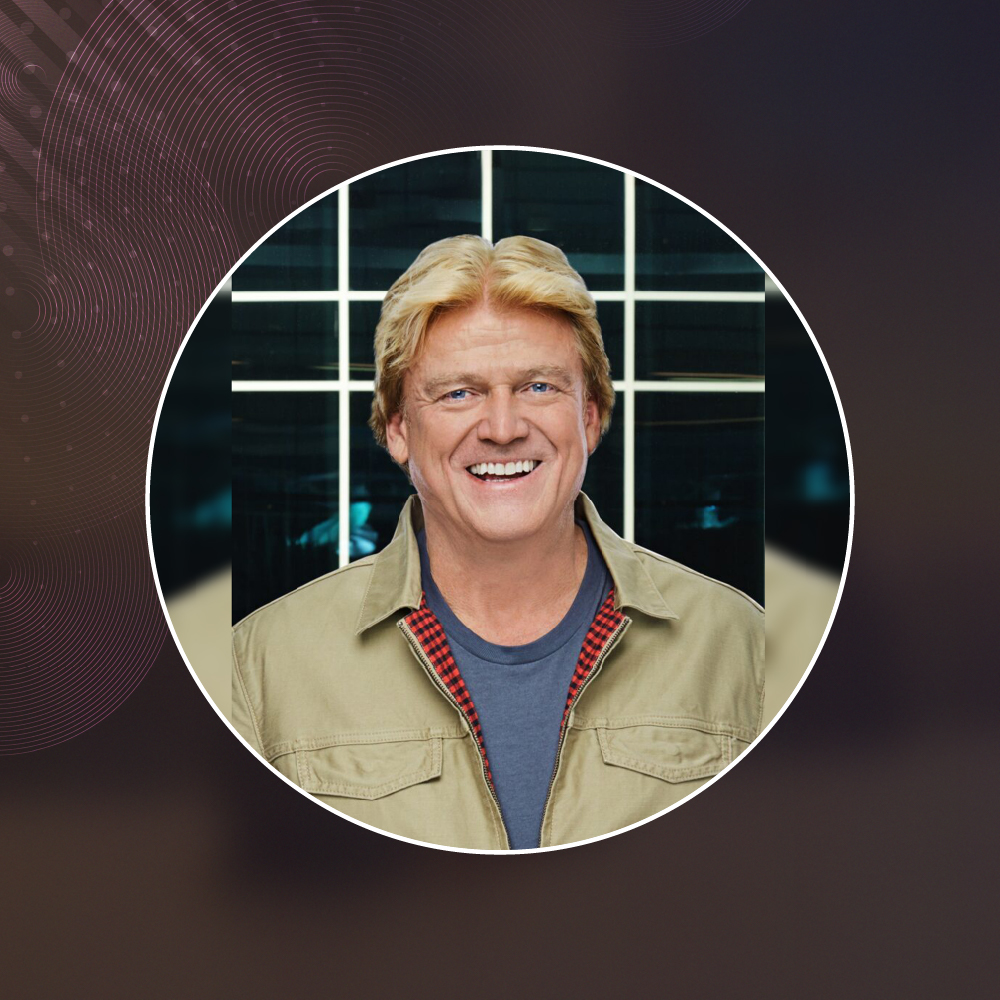
As we delve deeper into the stories of those who became true heroes in The Fight for Freedom, it becomes evident that the journey is multifaceted, riddled with challenges, yet marked by the unwavering determination of ordinary citizens. This second part of our exploration sheds light on the nuances of the struggle, the collaborative efforts that bridge diverse communities, and the transformative power of individuals in shaping the course of history.
Unity in Diversity: Building Bridges Across Communities
The fight for freedom is not a solitary endeavor; it requires collaboration and unity across diverse communities. The Civil Rights Movement in the United States serves as a prime example, where individuals from different backgrounds united against racial injustice. Martin Luther King Jr.’s dream of a nation where character rather than skin color judges individuals resonated across communities, igniting a collective flame that could not be extinguished.
International Solidarity: Global Heroes Unite
In an interconnected world, the fight for freedom transcends national borders. Heroes like Aung San Suu Kyi in Myanmar, who endured years of house arrest in her struggle against military rule, exemplify the power of international solidarity. The solidarity of ordinary citizens around the world amplifies the voices of those fighting against oppression, creating a global network of heroes standing shoulder to shoulder in pursuit of a common goal.
Art and Activism: The Creative Resonance
Art has proven to be a powerful tool in the fight for freedom. Allowing individuals to express dissent, inspire change, and challenge societal norms. From protest songs during the Vietnam War to graffiti as a form of resistance against oppressive regimes. The creative resonance of ordinary citizens has played a crucial role in shaping the narrative of freedom.
Intersectionality: The Inclusive Fight for Justice
The struggle for freedom is often intertwined with various social justice movements, emphasizing the importance of intersectionality. Heroes like Marsha P. Johnson and Sylvia Rivera, key figures in the LGBTQ+ rights movement. Demonstrated that the fight for freedom encompasses a spectrum of identities. Recognizing and addressing the interconnected nature of social issues creates a more inclusive and powerful movement for change.
Environmental Activism: Guardians of the Planet
In the 21st century, the fight for freedom extends beyond human rights to encompass the well-being of the planet. Ordinary citizens like Greta Thunberg have become environmental activists, advocating for urgent action against climate change. Their voices, though young, resonate globally, highlighting the interconnectedness of freedom and environmental justice.
Facing Repression: The Resilience of the Oppressed
Despite the strides made in the fight for freedom, oppressive regimes persist, suppressing dissent and silencing voices of change. Heroes like Liu Xiaobo, the Chinese dissident who fought for human rights, faced imprisonment for his activism. The resilience of those oppressed serves as a stark reminder of the ongoing struggle. The need for global support in the face of authoritarianism.
Education and Empowerment: Tools for Lasting Change
Empowering ordinary citizens with knowledge and education becomes a pivotal strategy in the fight for freedom. Malala Yousafzai’s advocacy for girls’ education in the face of the Taliban’s oppression exemplifies how education becomes a catalyst for change. By arming individuals with knowledge, societies can break the chains of ignorance and foster a culture of critical thinking and empowerment.
Digital Surveillance and Activism: Navigating the Virtual Battlefield
In the digital age, the fight for freedom has entered a new frontier. Heroes emerge as digital activists, navigating the virtual battlefield against censorship and surveillance. Edward Snowden’s revelation of mass surveillance by government agencies and the ongoing battles for online privacy. Underscore the challenges and importance of maintaining freedom in the digital realm.
The Role of Education and Advocacy Organizations
Support structures in the form of educational and advocacy organizations play a crucial role in sustaining the fight for freedom. Whether it’s the ACLU championing civil liberties or Amnesty International advocating for human rights. These organizations provide resources, legal aid, and a platform for ordinary citizens to challenge oppressive systems collectively.
The journey through The Fight for Freedom is an ongoing saga filled with complexities, triumphs, and challenges. As we navigate the intricate tapestry of history and the contemporary struggles of today, one truth remains constant: the transformative power of ordinary citizens who evolve into true heroes. Whether through grassroots movements, international solidarity, creative expression, or digital activism, these individuals continue to shape the narrative of freedom. As we stand at the crossroads of the past, present, and future, let the stories of these heroes guide us toward a world where liberty is not just a dream but a living reality shaped by the indomitable spirit of those who dared to defy.